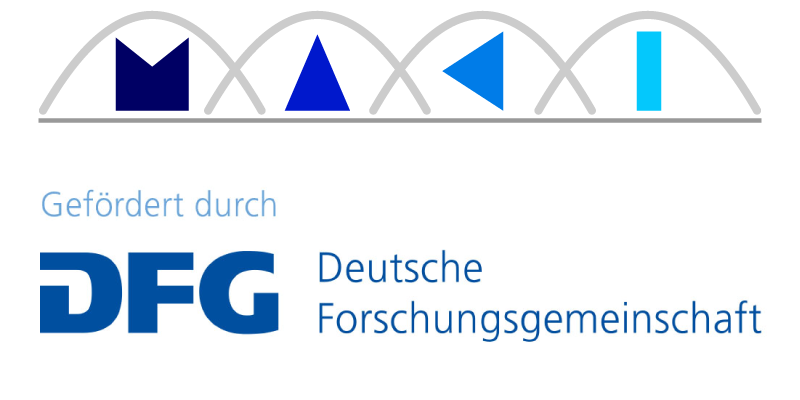| Vortragender | Dr. Amr Rizk |
| Titel | Queuing-theoretic quality of service evaluation of communication networks: Performance bounds for adaptive scheduling and parallel operations |
| Zeit | Montag 07.09.2015, 11:00 – 12:00 Uhr |
| Ort |
S3|20, Raum 111 Rundeturmstr. 10, 64283 Darmstadt |
|
Abstract |
|
|
Performance evaluation frameworks such as queuing theory and stochastic network calculus provide the basis for a quantitative Quality of service (QoS) evaluation of communication networks. Compared to classical queuing theory, the stochastic network calculus comprises a much larger variety of stochastic processes. This generality comes at the expense of exact solutions. Instead, we compute non-asymptotic statistical performance bounds on QoS metrics such as latency or buffer backlog. In this talk we highlight performance evaluation techniques for two relevant problems that arise in communication networks, i.e., adaptive scheduling and parallel operations with synchronization constraints. The mathematical techniques can be readily applied to a variety of performance evaluation problems in computer science. Adaptive resource allocation arises naturally as a technique to optimize resource utilization in communication ne works with scarce resources under dynamic conditions. In this work, we investigate a cellular uplink resource allocation scheme that takes into account the buffer occupation at the transmitter to retain a statistical QoS guarantee. This enables an effective utilization of the costly cellular resources. Parallel operating network elements with synchronization constraints can be naturally abstracted using Fork-Join (FJ) queuing systems. In a FJ queuing system an upstream fork station splits incoming jobs into N tasks to be further processed by N parallel servers, each with its own queue; a job leaves the system when all of its tasks are completed. Despite their apparent simplicity, FJ systems are hard to analyze. In this talk we present the first computable stochastic bounds on the waiting and response time distributions in FJ systems. A remarkable insight gained from our results is that the tempting gain from multipath routing is quickly dominated by the resequencing delay at the receiver. |
|
|
Bio |
|
| Amr Rizk graduated from the Technische Universitat Darmstadt, Germany in 2008 and received his doctoral degree (Dr.-Ing.) from the Leibniz Universität Hannover, Germany, in 2013. He has been a Post-Doctoral Research Fellow with the Department of Computer Science at the University of Warwick, U.K., in 2014. Currently, he is a Post-Doctoral Research Fellow at the University of Massachusetts Amherst on a stipend from the German Academic Exchange Service (DAAD). | |
SFB 1053 MAKI

Dr. Amr Rizk
Dr. Amr Rizk



